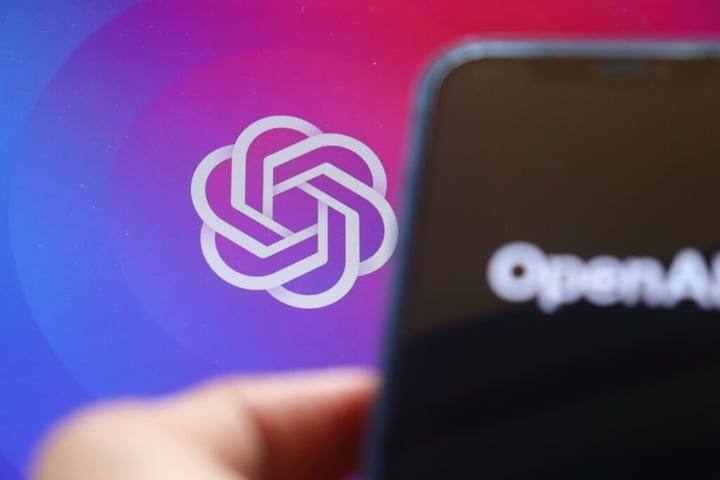Google Launches Gemini 2.5: Breakthrough AI for Browser Tasks

BREAKING: Google has just unveiled its revolutionary Gemini 2.5, an advanced artificial intelligence model designed to navigate web browsers like a human. Now available in preview via the Gemini API on Google AI Studio and Vertex AI, this groundbreaking technology redefines automation capabilities in digital interactions.
This major development, announced earlier today, pushes the boundaries of AI autonomy, allowing Gemini 2.5 to perform complex tasks such as scrolling, clicking, and filling out forms—all without predefined scripts. This advancement could significantly enhance how businesses automate online activities, from data entry to intricate research tasks.
According to a post on the Google DeepMind blog, Gemini 2.5 outperforms competitors in both browser and mobile functions, representing a shift towards “agentic” AI that can handle multi-step processes independently. This capability is especially crucial in sectors like finance and healthcare, where precise digital interactions are vital.
Gemini 2.5 operates via a virtual browser, enabling real-time visual interpretation and interaction with user interfaces. This innovative approach sets it apart from traditional automation tools, as reported by SiliconANGLE. Developers now have the opportunity to create AI agents capable of managing e-commerce transactions and administrative workflows seamlessly.
Early tests indicate strong performance in web and Android environments, marking an exciting frontier for AI. However, Google emphasizes the importance of safeguards, including restrictions on sensitive actions, to prevent potential misuse amid growing concerns regarding AI ethics.
The development of Gemini 2.5 is rooted in projects like Project Mariner, which has highlighted AI’s potential in browser-based automation. As noted by The Verge, Gemini can navigate websites and adapt to unexpected changes, mimicking human-like decision-making processes.
While the implications for businesses are transformative, challenges remain. Ensuring reliability across diverse web environments and addressing privacy issues will be critical for successful adoption. Experts predict potential integrations with tools like Google Workspace, which could automate repetitive tasks for knowledge workers, enhancing overall productivity.
Competition is heating up, as rivals such as OpenAI and Anthropic are also developing similar agentic technologies. As highlighted by The Times of India, Google’s focus on visual interface comprehension could provide a crucial edge in the crowded AI marketplace.
Google’s preview access invites developers to explore this groundbreaking technology while gathering feedback to refine its capabilities. As Gemini 2.5 moves towards wider availability, its impact on industries could be profound, provided ethical and technical challenges are effectively navigated.
In summary, Google’s Gemini 2.5 is set to revolutionize human-like AI interactions, merging advanced perception with practical utility to address complex digital tasks. As businesses look to leverage this technology, the potential for increased efficiency and innovation is enormous, making this a pivotal moment in the evolution of AI.






